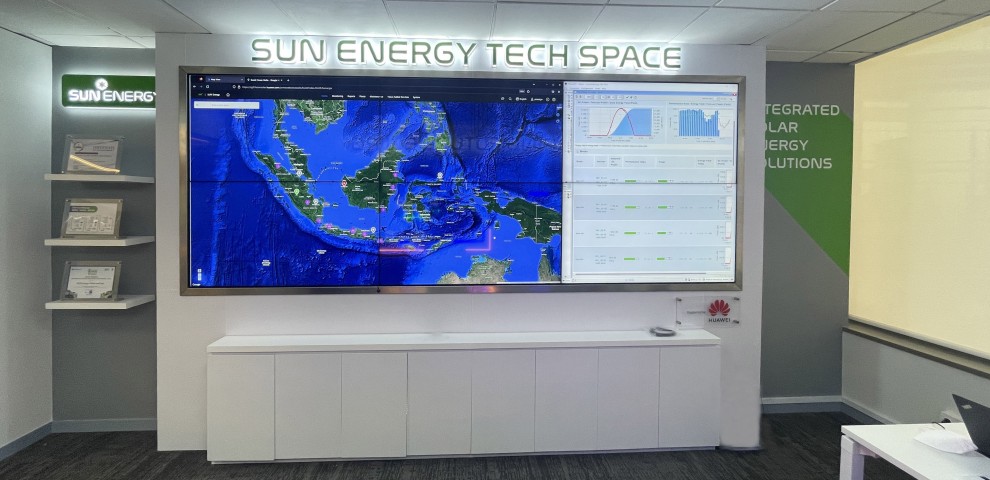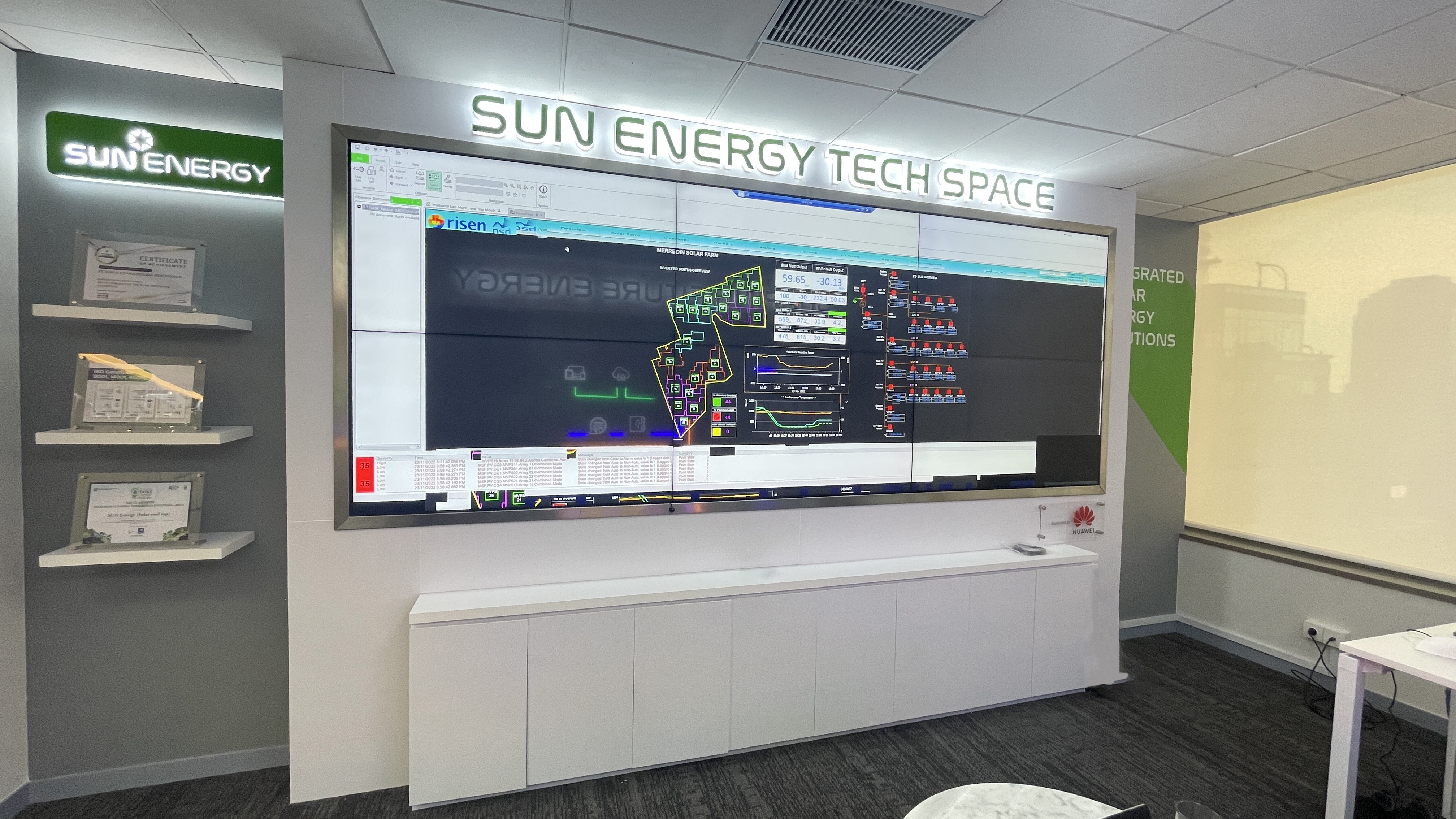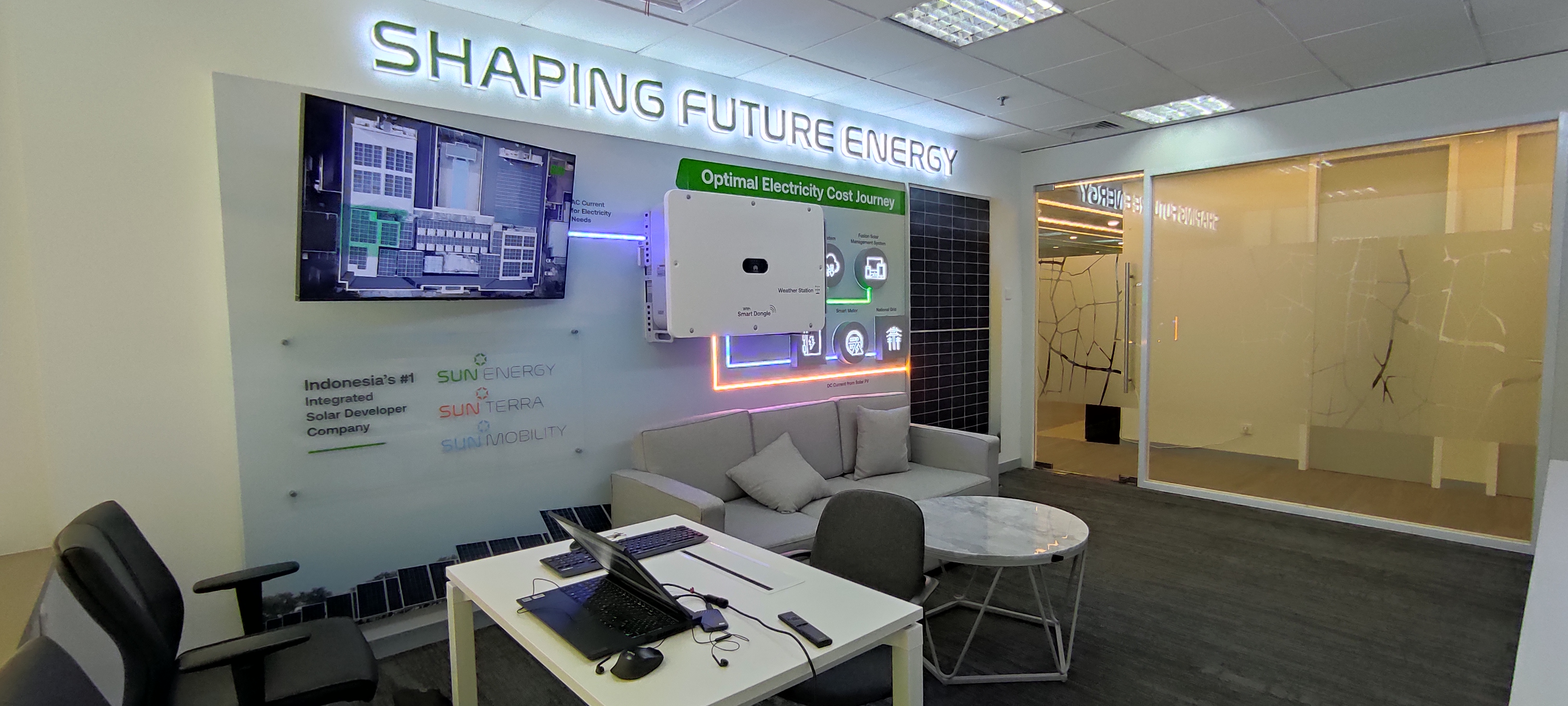

The transition towards a low-carbon future can be achieved by accelerating the adoption of clean energy across sectors. According to Indonesia’s Ministry of Energy and Mineral Resources (MEMR), out of the country’s 587 GW renewable energy potential, more than 60% comes from solar energy, which is projected to become a key backbone of national electricity supply. The use of rooftop solar energy systems continues to grow, with thousands of PLN customers already utilizing solar solutions for residential, commercial, and industrial needs.
As one of the most promising alternative energy sources, solar energy is continuously advanced through technological innovations to become more efficient, affordable, and accessible for the wider community. Along with the increasing demand for solar energy systems, clean energy providers are introducing integrated technology-based services to monitor and optimize system performance in real time. Digital innovations such as the Internet of Things (IoT), cloud services, and artificial intelligence (AI) enable solar energy systems to be monitored anytime, anywhere, ensuring safety and operational sustainability.
Looking ahead, solar energy systems are expected to become an integral part of everyday life—not only for households but also for social, commercial, and industrial sectors. The presence of integrated monitoring technology creates broader opportunities for users to adopt sustainable practices in a practical and effective way. With continuous innovation, solar energy systems are projected to become a future energy solution that supports the development of a green economy and strengthens the competitiveness of Indonesia’s industries.
